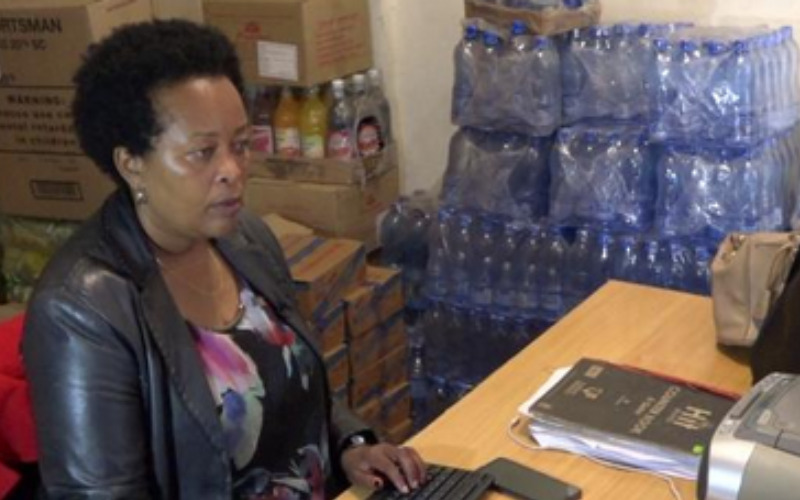
Small Medium Enterprises are a significant contributor to the country’s Gross Domestic Product. Statistics indicate that 98 per cent of companies in Kenya are small and micro enterprises which employ upto thirty per cent of the Kenyan population.
But despite the immense contribution to the country’s economy, the SME sector continues to face challenges that threaten its existence – with some having to close shop.
One of the major challenges facing the SMEs is financing – access to credit from financial institutions which makes it impossible from the onset. Yet it is a sector that absorbs most graduates from Kenyan universities.
But SMEs could now be telling a different story, all thanks to banks keen on SMEs banking as well as Pan-African financial institutions that have come in handy to promote economic development by providing guarantees to financial institutions to finance Small and Medium Enterprises.
A quick chat with entrepreneurs reveals a lot that needs to be addressed if SMEs in various sectors were to remain operational. From the energy, agribusiness, among others, the trend is almost the same. In Syokimau, Machakos County, we meet Stephen Kigera. He is an entrepreneur, founder of Empower Installation Contractors, an electricity installation company. He is at work, and tells us of his business and challenges he has faced in the sector.
“We started in Mombasa as a sub-contractor in distribution lines, and also in Central Kenya. We did about 150 kilometers of power lines but our milestone came when we installed power at a church a long Mombasa Road,” he narrates. However, getting contracts has not been a walk in the park, and sustaining them has equally been a huge task.
“Due to the demand of finances for the projects, we have to partner with financial institutions who come from the onset of the bidding if you win you get into the other level of the performance,” Kigera says.
Adding that, “Because of the capital investment involved we partnered with Credit Bank in 2015. This project is worth 350 million, so you have to get the performance board which is 10 per cent of that. The major challenge here is cash flow, meaning money in and money out, because of the slow process, what you need is not what you get.”
Another entrepreneur, Jeniffer Waiyaki in Kangemi shares her story. When she started in 2015, she invested heavily in manufacturing of polythene bags and was doing very well until the ban on plastic bags was effected.